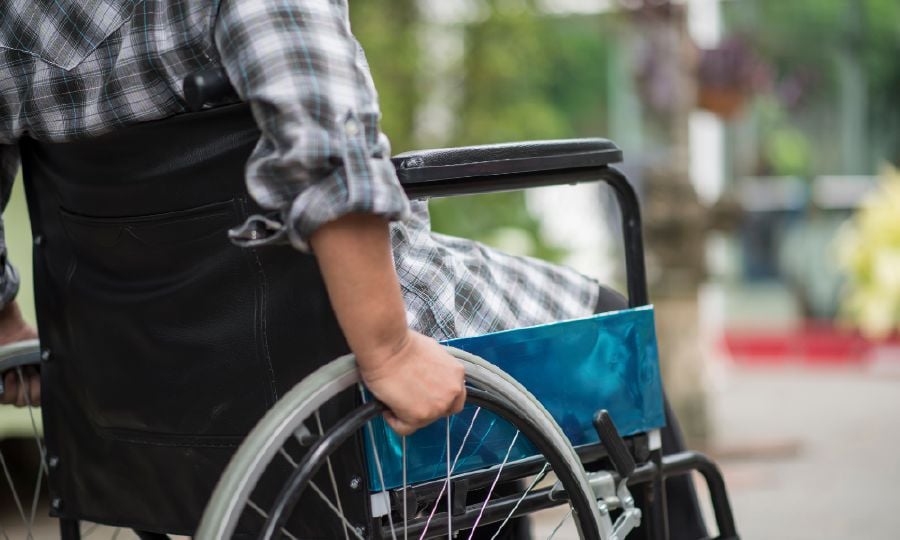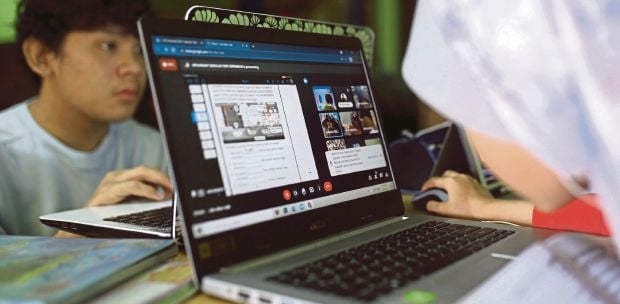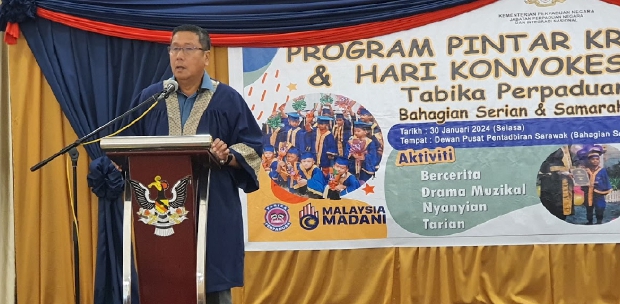THE abrupt shift to virtual classrooms may be daunting for university students with special needs due to lack of accessibility.
Nghiem Dinh Dat, 36, a blind Masters in Public Policy student at Universiti Malaya's International Institute of Public Policy and Management, said e-learning would be convenient in normal circumstances. However, he found that the current unstandardised implementation had left disabled students at a disadvantage.

"Lecturers use different applications such as Microsoft Teams, Zoom and Skype. It can be difficult to adapt to each application as many are not accessible to blind students," he said.
Navigating video conferencing platforms was a struggle for Dat as he required the aid of a screen reading software, which would read the texts on the computer screen through a speech synthesiser.
"A main challenge is when lecturers use the screen sharing feature to display documents. In my experience, only screens shared via Microsoft Teams are compatible with the screen reader. Sometimes, I would receive snapshots in class discussions, which are not possible for me to read. As a result, I missed a lot of information."
There needed to be a comprehensive evaluation of existing university policies on e-learning, said Dat.
"I don't think all lecturers are fully aware about accessibility. With heightened awareness, I'm sure the university can remove the learning barriers that we face, and make both online and traditional classes more accessible."
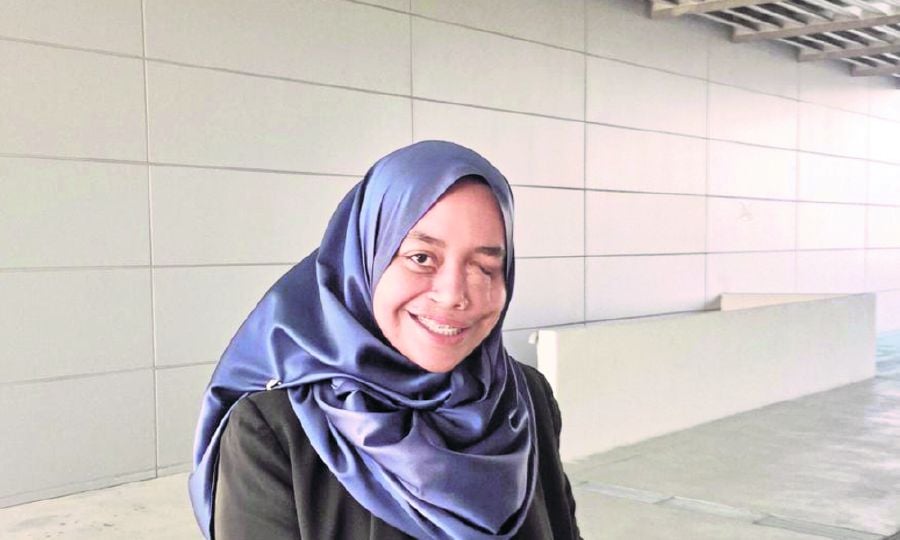
When Universiti Teknologi Mara (UiTM) announced that the semester would continue via open and distance learning (ODL), business student Siti Nurhikmah Razlan, 22, who is partially blind and was born with a cleft lip and palate, was initially worried about catching up in her lessons.
"My vision gets blurry if I look at the laptop for too long. However, I found that I could cope well with my lecturers' guidance."
Fortunately, the platforms used by her lecturers had vision accessibility features.
"Microsoft Word and Microsoft Powerpoint are very compatible with the laptop specifications for visually-impaired students like me.
"I think the university should allocate a special learning duration for disabled students to study according to our respective abilities. Lecturers can accompany teaching materials with a voice-over to enhance the learning process. They should also be aware about their students' condition to prevent them from feeling left out," said Siti Nurhikmah.
UiTM Masters in Forensic Accounting and Financial Criminology student Shahrul Afifi Abdul Hadi, 39, has hearing impairment. Even with a hearing aid, he could only hear sounds at very high volumes.
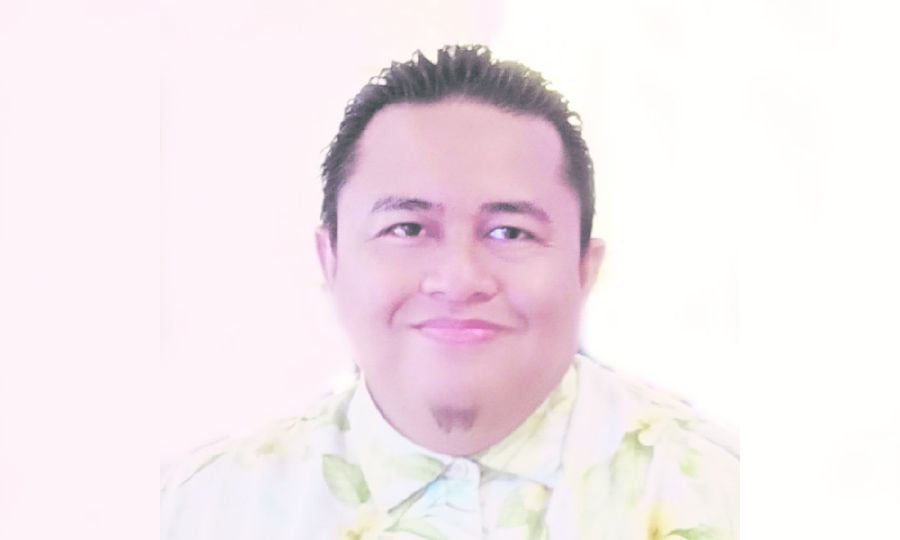
"My hearing aids cannot detect voices or sounds with 100 per cent accuracy during online classes. Lip reading requires a lot of effort.
"I will struggle to understand the subject if there are no closed captions or subtitles during video conferencing. Sometimes, presentation slides are not provided in online lessons either."
With little time for universities to prepare and tailor their courses due to the pandemic, he understood the limitations faced by him and his peers.
"I'm open to online learning as long as there are tools to facilitate learning for students with special needs, such as slides, subtitles or sign-language interpreters for the hearing impaired," said Shahrul Afifi.
Sunway University communications student Chin Kar Marn, 23, who has spastic diplegia — a form of cerebral palsy — agreed that online learning could be beneficial to students with special needs. However, she also experienced some difficulties in online classes.
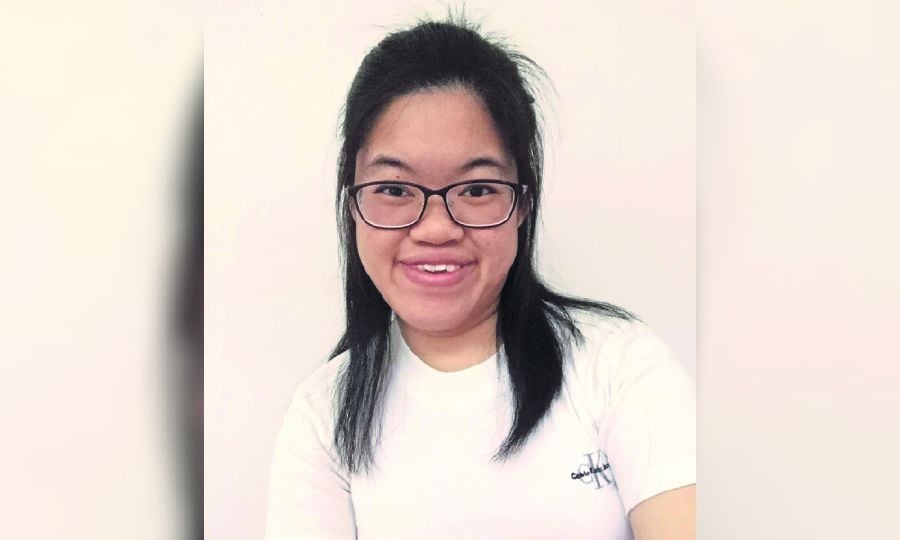
"It will be great to always have this option, especially for those needing extra assistance. But personally, despite my limited mobility, I prefer physical learning as it is more engaging and I can interact with other students and lecturers.
"We are expected to type our questions instead of verbally asking to minimise interruptions. As my fine motor skills are affected, it is a challenge for me to type quickly. Fortunately, we can still use social media to raise queries.
"In my view, asking questions verbally should be an option for special needs students. Having the online lectures recorded would be helpful for us to gain better understanding. Lecturers must understand that some special needs students need longer time to grasp what is being taught," said Chin.
UiTM graphic and media student Nur Farah Syiffa Mohd Khairul Ariffin, 20, who has autism spectrum disorder, said online learning could allow students like her to catch up with their lessons.

"As someone who has a lot of problems concentrating in class, I have thought about the possibility of online learning since my first semester. But I never pursued it until the Covid-19 outbreak."
Nur Farah said autistic people like her were very sensitive to noise, which might distract them from concentrating on their studies.
"For instance, the sound of a lawn mower can affect my learning experience. With recorded online lessons, I can rewatch them to catch up on anything I missed. To make it more accessible, lecturers can teach disabled students how to use the online tools."
UiTM Disability Services Unit (DSU) director Dr Roslinda Alias said the unit was striving to ensure that special needs students were not left behind in adapting to online lessons.
"DSU has prepared a short video and a series of infographics for the university community, which include information on the types of disabilities and their needs.
"We are in close contact with nearly 200 special needs students via a virtual support group. An online form was also created for the students to share their problems so that we can help them immediately," said Roslinda.
Sunway Education Group chief executive officer Dr Elizabeth Lee said Sunway University was committed to ensuring that disability was not a barrier to quality education.
"We have always prided ourselves on being inclusive. Online lessons are often supplemented with recorded lectures so our students can follow the content at their own pace, on top of the live interactions with educators.
"We will continuously monitor the impact of this new form of learning on our students and take necessary steps to enhance our resources and develop inclusive accessibility guidelines that are based on real-life experiences of our students," said Lee


